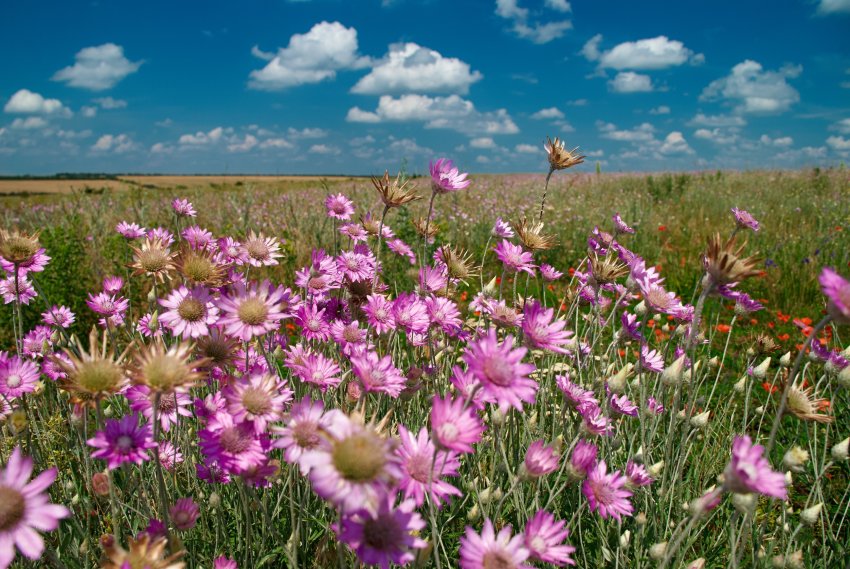
Numbers of the UK's animals and plants are still falling, the latest State of the Nature report warns, but the industry says farmers play a 'crucial role' in reversing the tide.
The report, which is a comprehensive analysis conducted by leading wildlife scientists, says that one in six species is at risk of being lost in Great Britain.
Nearly half (43%) of bird species face risk of extinction, while other species such as hazel dormouse, lady’s slipper orchid and European eel also now face uncertainty.
The 203-page report was produced by more than 60 organisations, including wildlife conservation groups, government agencies and academics.
Agriculture is currently responsible for around 11% of the UK’s emissions, the report notes, with agricultural intensification since the post-war period the biggest driver of biodiversity decline in the country.
However, the document says increasing nature-friendly farming, along with sustainable forestry and fishing, is one of five areas which are key to how the UK is responding to the biodiversity challenges it faces.
It says that while there has been an overall increase in farms participating in nature-friendly schemes compared to a couple of decades ago, it states “there is a long way to go”.
The report calls for “nature-friendly farming…to be implemented at a much wider scale to halt and reverse the decline in farmland nature”.
Responding to the findings NFU President Minette Batters said 'huge amounts of work' had been carried out by farmers through agri-environment schemes and other initiatives.
“Hundreds of flower rich field margins have been developed to provide habitats for bees and other insects," she explained.
"149 species were recorded during this year’s Big Farmland Bird Count, including 33 species from the Red List for Birds of Conservation Concern.
“And as part of delivering our ambition to reach net zero by 2040, we are working in a variety of ways to reduce emissions through improved productivity on farm and changing the way we use the land."
But the NFU president said any proposals to boost nature recovery must sit alongside equally ambitious plans for food production.
"This should really matter to everyone to protect and enhance the UK’s food security," she said, adding that the past 18 months had shown that food supply chains were fragile.
The Nature Friendly Farming Network said that while the report made for 'grim reading', the farming industry had a 'crucial role' to play in reversing the situation.
The NFFN said there were hundreds of examples of farmers working with nature to turn the tide, but they needed to be "properly supported and financed" by government.
Martin Lines, CEO of the body, said: “Despite the worrying picture the report paints, it provides hope that things can be turned around.
"Through the widespread adoption of nature friendly farming we can restore nature in our fields and in our landscapes, for the benefit of long term business resilience and economic prosperity.
"We now need a clear vision for the future alongside the political will to make this a reality.”
